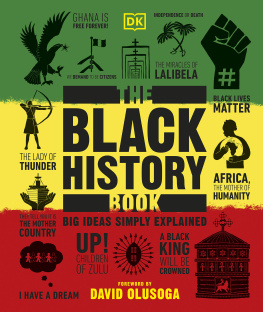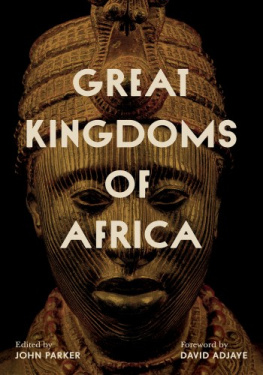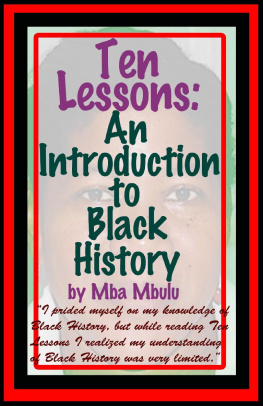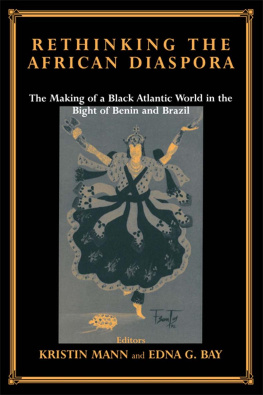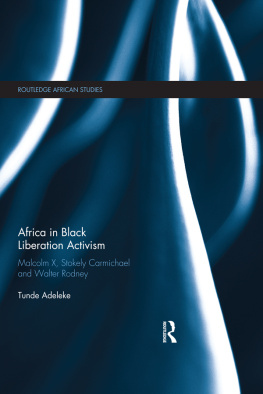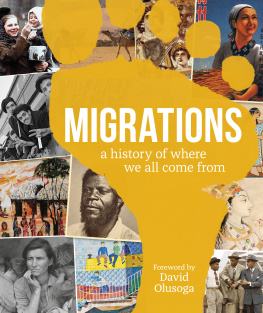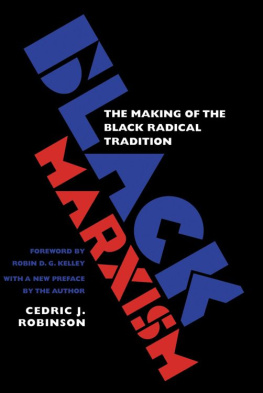FOREWORD
Black history is global it takes place in Africa, Europe, the Americas, Asia, and the Middle East. Black history is ancient, which is hardly surprising as it was from the African continent that the very first humans emerged hundreds of thousands of years ago. Yet at various times and places, the history of Black people and the history of the African continent have been marginalized or left unwritten.
Black civilizations that ruled over huge swathes of the world and created great art and architecture have often been left out of the history books written in Western nations. Some European philosophers went as far as to suggest that Africa had no real history. Likewise, the centuries in which Black people fought and campaigned against enslavement, colonialism, and racism were often brushed under the carpet.
In the face of this, the preservation and the celebration of Black history has become almost sacred to many Black people, particularly those whose ancestors were enslaved. Yet while Black history has a very specific significance in the lives and identities of millions of Black people across the world, Black history itself is everyones history. Just as you do not need to be European to be fascinated by the history of ancient Rome, you do not have to be Black to be astonished by the great empire of Mali or the kingdom of Benin. Just as non-Jewish people learn about the horrors of the Holocaust, all of us should learn of the horrors of slavery, and of the Black people who fought against it.
I became interested in Black history when I was a teenager. It was the place I looked to find answers. It explained the history of the British Empire, of which my interracial family was a product. It explained where the racist ideas that I saw all around me had come from, and it explained how and why those ideas had been invented. Black history also revealed to me the long history in which Black people have struggled against racism and colonialism struggles that continue to this day, led in the 21st century by young people.
This book presents Black history in all its complexity; from ancient times to the debates and activism of right now. Through its pages we learn of Africas true place in world history, and can trace the origins of the inequalities that still shape modern societies.
During the centuries in which the history of Africa was pushed to the margins, and the contributions of Black people to global civilization went unrecognized, the whole world was denied access to these remarkable and inspiring stories. The histories contained within these pages place the long history of Africa and her people back into the mainstream of world history, to the benefit of us all.
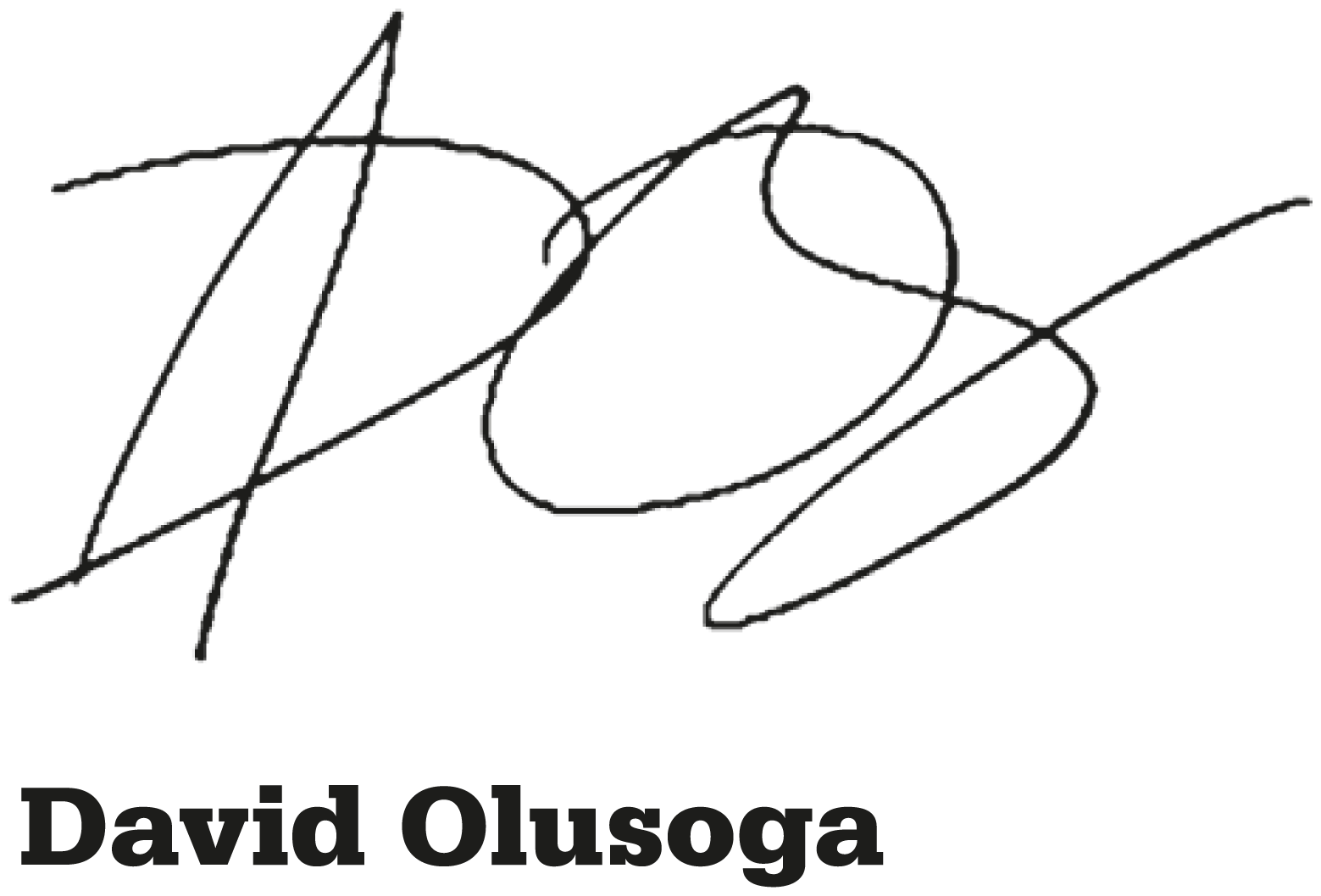
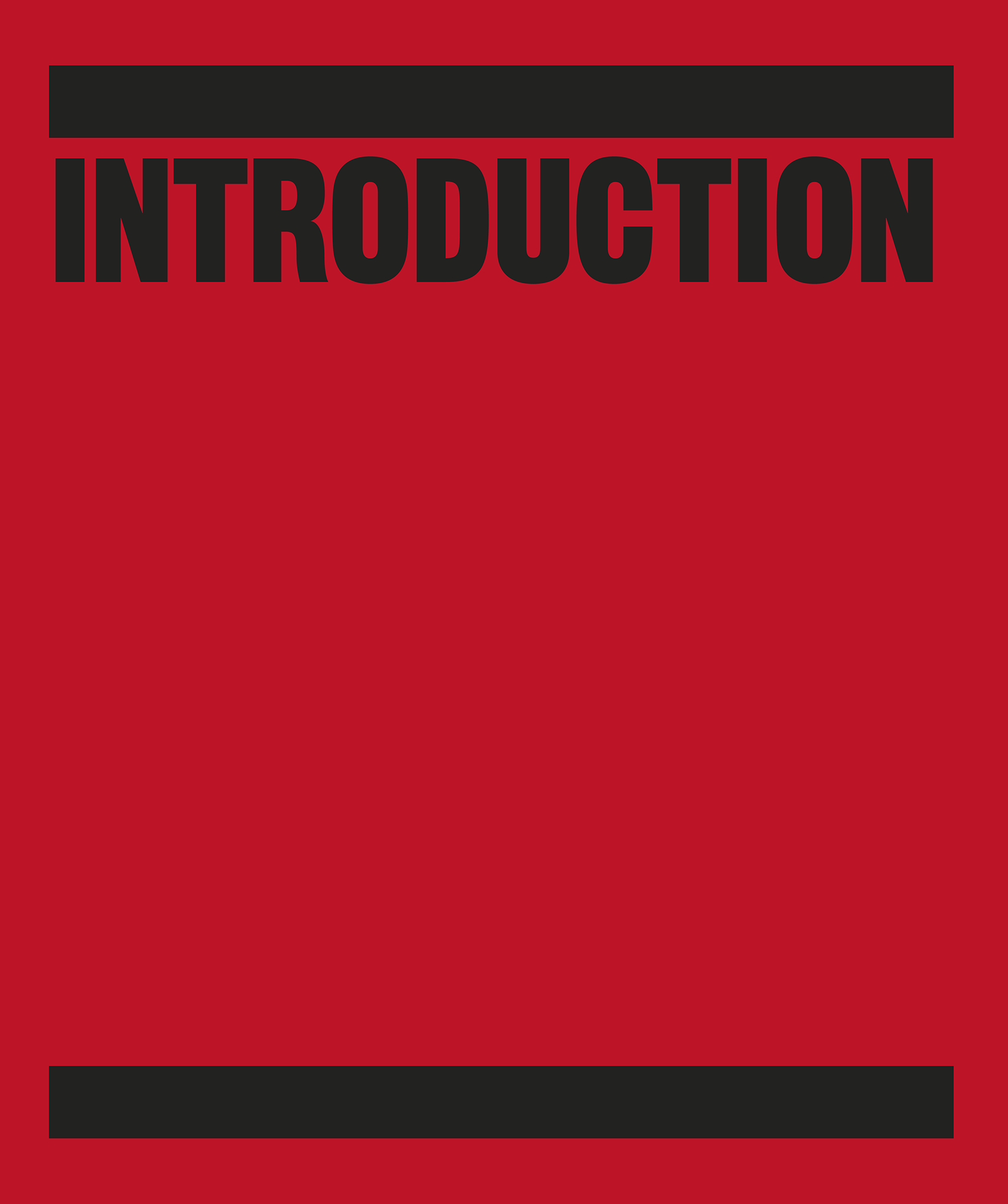
INTRODUCTION

Black history tells the story of Black peoples lives over thousands of years from the earliest human history to now. Black people are often defined in blanket terms to mean those of recent sub-Saharan African descent. This includes people living on the African continent, descendants of enslaved Africans trafficked in the transatlantic slave trade, and those who have migrated from Africa to other parts of the world. It is, however, a generalization of quite recent origin that ignores the varied nationalities, cultures, and life experiences of Black people.
Diverse peoples
The earliest known humans came out of Africa more than 200,000 years ago. For generations, those who stayed on the African continent and did not migrate and form the populations of Asia, Australasia, America, and Europe, viewed themselves not as Black but as ethnic groups, such as the Nubians, the Yoruba, and the Swahili. These diverse peoples had, and still have, unique languages, traditions, and cultures, and remarkable and complex systems of governance.
From the 16th century onwards, however, all sub-Saharan Africans began to be categorized as part of a homogeneous group. Those involved in the transatlantic slave trade and European colonialism rationalized the subordination and treatment of these varied peoples of ancient origin by claiming that they were all part of a lesser race.
Theres just the human race, scientifically. Racism is a construct, a social construct.
Toni Morrison
Black American writer (19312019)
Centuries of oppression
European traders bought enslaved Africans from other Africans and trafficked them as cargo to the New World. There, they were sold in markets like cattle to labour in different parts of the Americas and the Caribbean, with the largest number of enslaved people arriving in Brazil. During this period, many enslaved people rebelled on the coast of West Africa, during the brutal transatlantic voyage, and in the Americas, where many worked in appalling conditions. In one of their most successful revolts, the entire enslaved population of Saint-Domingue, in the western part of Hispaniola, rose up and dominated their enslavers, forming the new nation of Haiti in 1804.
After centuries of enslavement and rebellions, white people in the New World and Europe at last began to view enslavement as wrong, and joined Black enslaved people in the fight for abolition. In 1861, civil war broke out between the slaveholding states in Americas South and the non-slaveholding states of the North. The North won in 1865 and, in the same year, the US abolished slavery.
Abolition, however, was not a panacea for Black people, and many of the formerly enslaved continued to face inequality in the New World. Black people in the US suffered under Jim Crow laws, which gave racial segregation legal force. To escape this new oppression, some of the formerly enslaved elected to move to Liberia in West Africa. This was a country newly created by white American abolitionists and others intent on resettling Black people in Africa with, however, little or no consideration for African peoples already living there.
Indeed, soon after abolition, many European powers began to colonize sub-Saharan Africa. Continuing the fiction that Black people were a lesser race, they claimed to be civilizing Africans. At the 188485 Berlin Conference, several European powers carved up Africa among themselves; Britain gained power over broad swathes of West Africa and King Leopold of Belgium secured the Congo as his private colony. No Africans were invited to the conference. By 1900, European countries controlled 90 per cent of African land.

